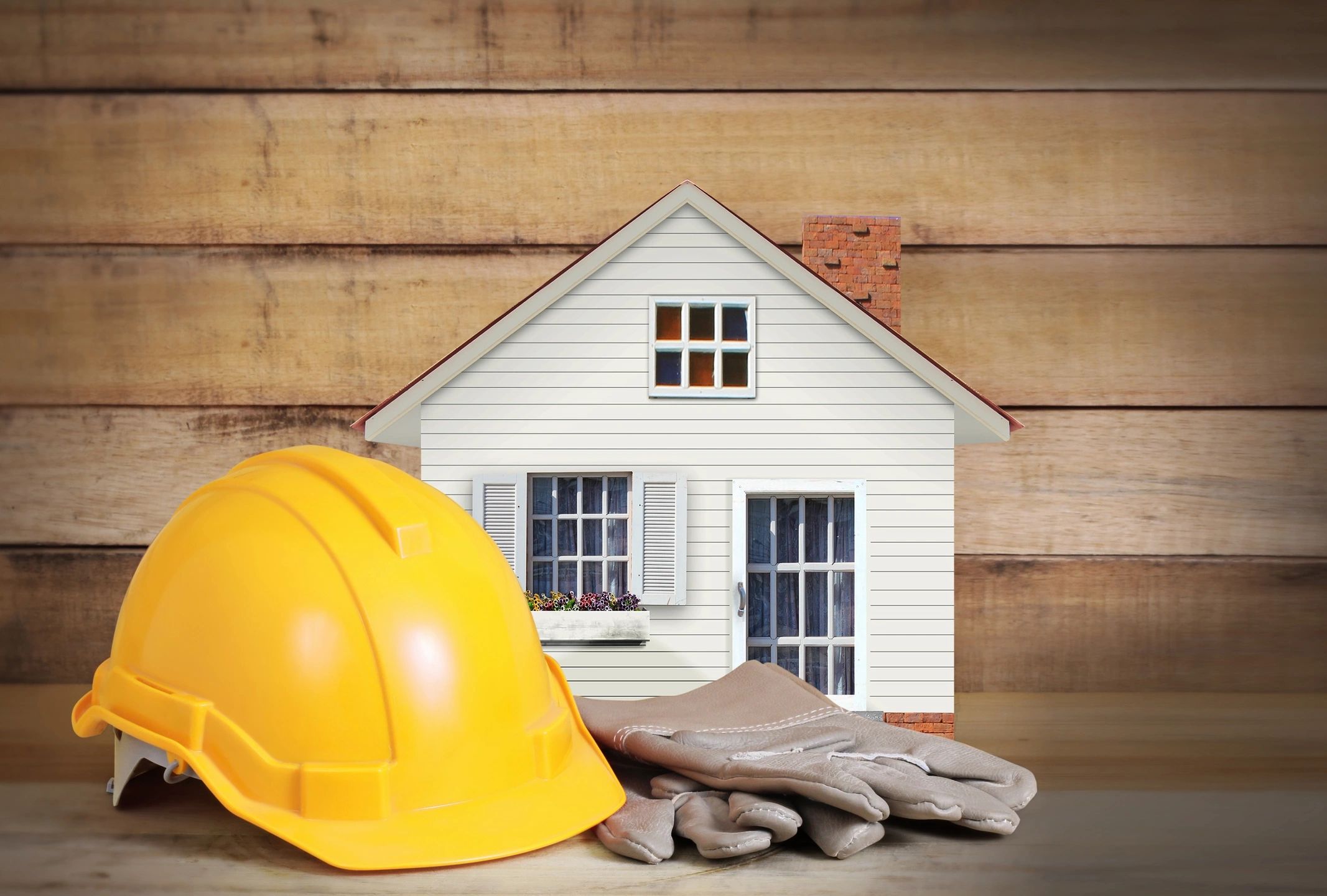From stamp duty to solicitor fees, the cost of moving home can quickly add up. Here’s how to increase home value by investing in upgrades instead of moving
Thinking about moving to gain more space or a better layout? Before you start browsing property listings, it’s essential to understand the true cost of moving home. Often, the expenses associated with relocating can be substantial, and investing that money into your current property might offer better returns.
📊 The Price Gap: 2-Bed vs. 3-Bed Homes
One of the primary reasons homeowners consider moving is to upgrade from a two-bedroom to a three-bedroom property. But what’s the financial difference?
- Average 2-Bedroom House Price (UK, 2025): £235,000
- Average 3-Bedroom House Price (UK, 2025): £270,500
- Price Difference: £35,500
This £35,500 difference is just the beginning. Additional costs can significantly increase the total expenditure.
💷 The Hidden Costs of Moving Home
Beyond the price difference between properties, moving involves several additional expenses:
- Stamp Duty: Approximately £4,750 for a £270,500 home, following the April 2025 threshold adjustments.
- Estate Agent Fees: Typically 1.42% of the selling price, equating to around £3,337 on a £235,000 property.
- Legal and Conveyancing Fees: Averaging £2,129.
- Removal Costs: Approximately £658.
- Surveys and Valuations: Around £425.
- Miscellaneous Expenses: Including Energy Performance Certificates (£35–£120) and potential storage costs.
Total Estimated Moving Costs: £11,299
Combined with the £35,500 price difference, the total cost of moving can reach £46,799.
🔧 Investing in Home Improvements Instead
Rather than spending nearly £47,000 on moving, consider investing in your current home to enhance its value and functionality. Here’s how you could allocate that budget:
| Improvement | Estimated Cost | Potential Value Added |
|---|---|---|
| Loft Conversion | £25,000–£40,000 | +15–20% |
| Kitchen Remodel | £10,000–£20,000 | +5–10% |
| Bathroom Upgrade | £5,000 | +3–5% |
| Garden Landscaping | £5,000–£10,000 | +5% |
| Energy Efficiency Upgrades | £5,000–£10,000 | +8–15% |
Source: Royal Institution of Chartered Surveyors (RICS), March 2025
By investing in these improvements, not only do you enhance your living experience, but you also increase your home’s value, potentially surpassing the benefits of moving.
🏠 Benefits of Improving Over Moving
- Cost Savings: Avoiding moving expenses and potential higher mortgage rates.
- Personalisation: Tailor your home to your preferences.
- Stability: Maintain your current community ties, schools, and commute.
- Time Efficiency: Renovations can be quicker and less disruptive than moving.
🧠 When Moving Might Be the Better Option
While improving your current home has its advantages, moving might be more suitable if:
- You’re relocating for work or family reasons.
- Your current property has structural limitations.
- You desire a significant change in environment or lifestyle.
📈 Final Thoughts: Making the Right Choice
Deciding between moving and improving depends on your personal circumstances, financial situation, and long-term goals. However, understanding the cost of moving home and exploring ways how to increase home value through renovations can lead to more informed and financially sound decisions.

